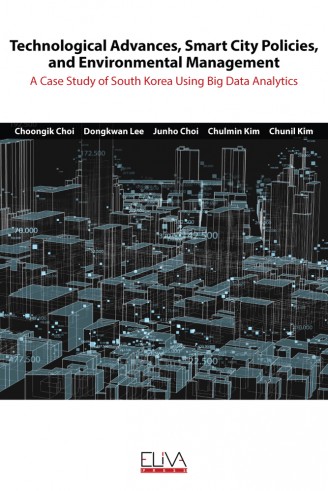
Technological advances, smart city policies, and environmental management
€ 34.5
Descripción
Big data analytics helps to examine recent trends in the implementation of new technologies. More importantly, it unpacks the cognitive relationship between the recent wave of the technological revolution and the environmental soundness. One part of this research scrutinizes the trend of the Fourth Industrial revolution in association with the environment, and provides implications for a more desirable future environmental policy in South Korea. Results show that the Industrial Revolution has been generally perceived as negative to the environment before the 2010s, but as positive after the period. It is highly expected that the Fourth Industrial Revolution will be capable of functioning as a new alternative to enhance the quality of the biophysical and social environments. The positive linkage between the new technological development and the environment from this study clearly indicates that the environmental industry and environmental technologies will be the key success factors for the next-generation society. The other part of the study introduces the smart city initiatives of South Korea, and explores the recent history of smart city policies and their limitations. We found that (ⅰ) Korean smart city development initiatives are actively and swiftly implemented, (ⅱ) public consensus suggests that what matters are the application of advanced technologies and the active role of the government, (ⅲ) a comprehensive and strategic approach with the integration and application of advanced technologies is required as well, and (ⅳ) investments from both private and public sectors are necessary in order to achieve social improvements.
